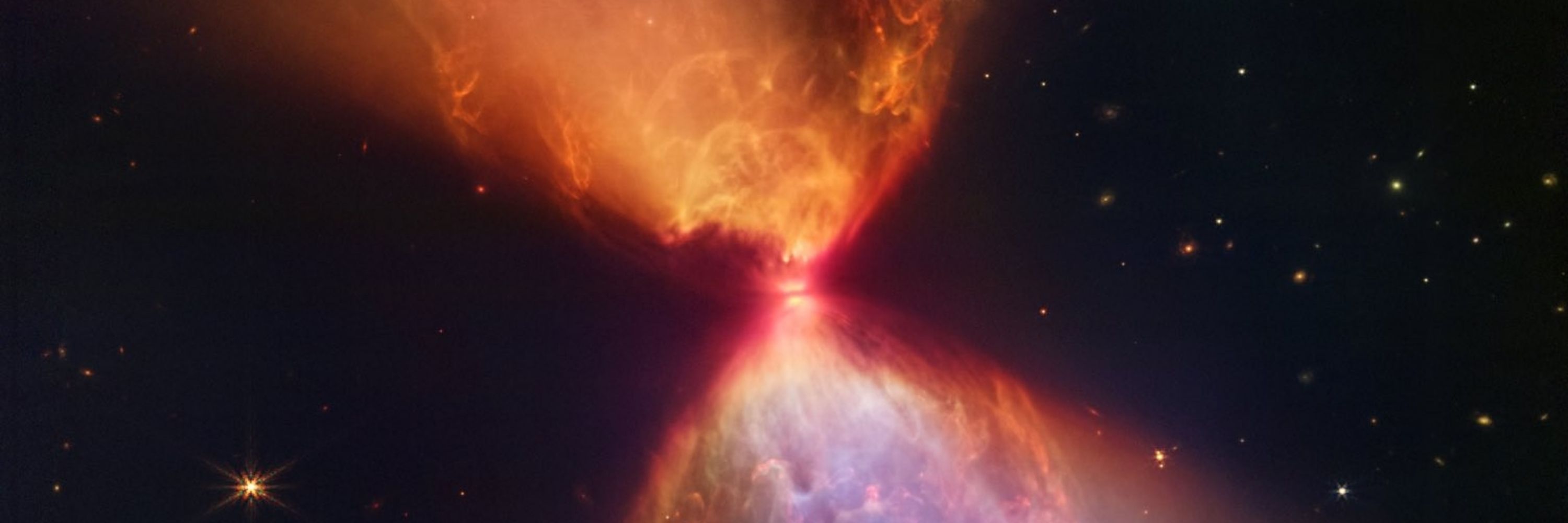Paul Sharp
@paulbsharp.bsky.social
1K followers
290 following
210 posts
Assistant professor of psychology, Bar-Ilan University | computational cognitive science & psychiatry
"Discovery happens less when you're trying to be the expert and more when you're trying to be the learner." - Itai Yanai
Website: sharplabbiu.github.io
Posts
Media
Videos
Starter Packs
Pinned
Reposted by Paul Sharp
Reposted by Paul Sharp
Reposted by Paul Sharp
Reposted by Paul Sharp
Reposted by Paul Sharp
Reposted by Paul Sharp
Reposted by Paul Sharp
Reposted by Paul Sharp















